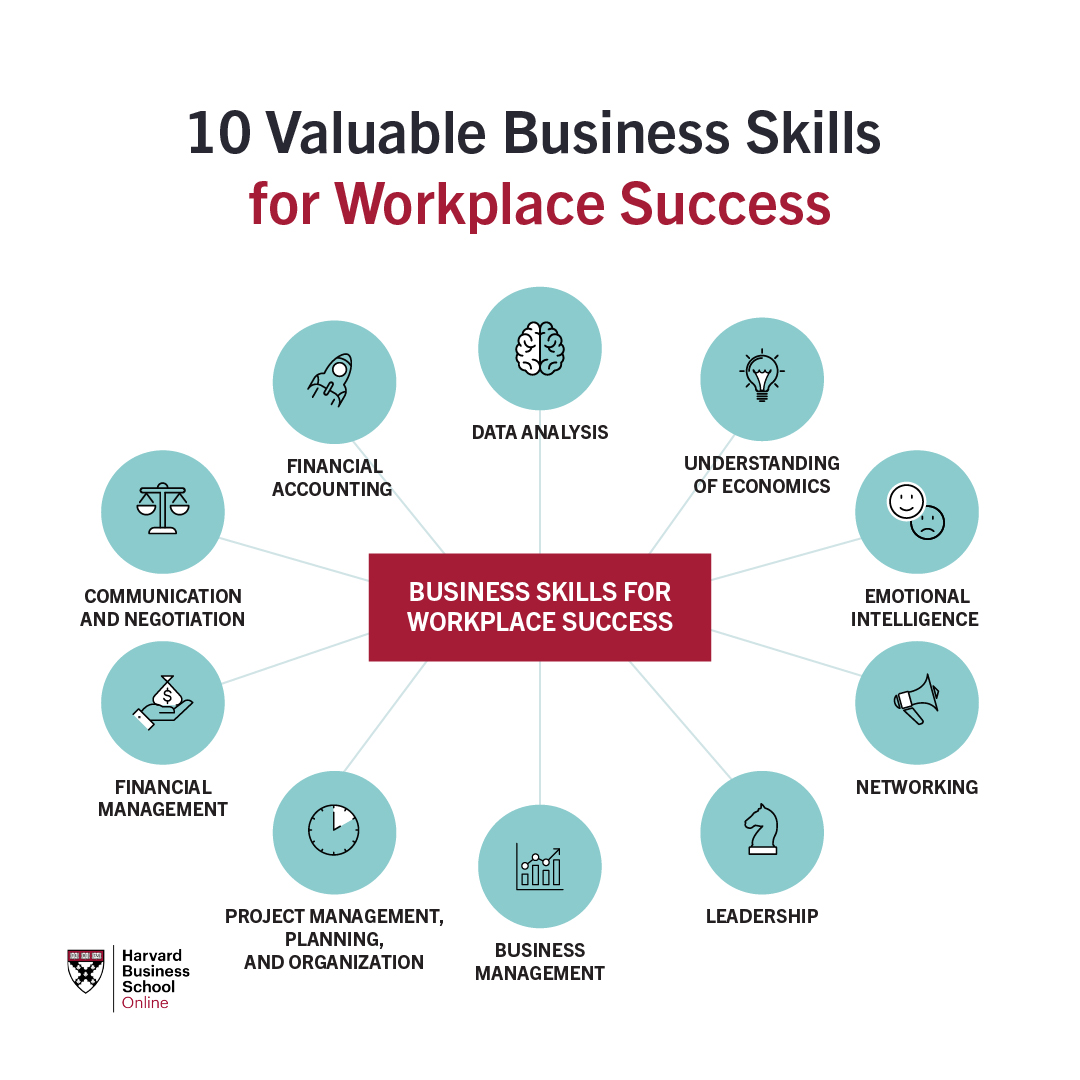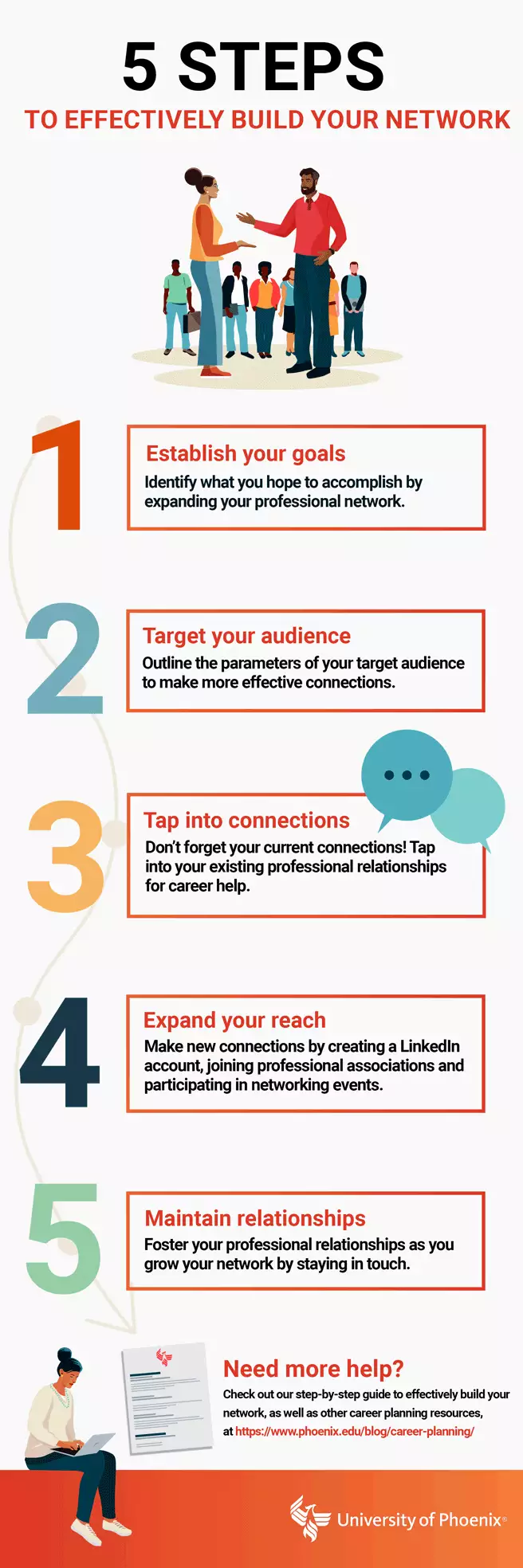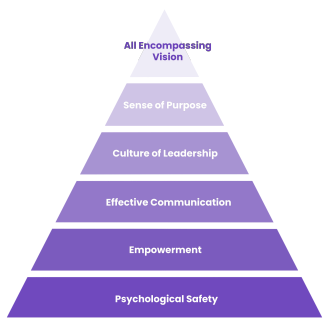Top Skills Professionals Need for Workplace Success
To succeed in the workplace, professionals need top skills like communication, adaptability, problem-solving, and leadership. Effective workplace success relies on possessing essential skills that enable professionals to excel and thrive.
These skills encompass vital aspects such as communication, adaptability, problem-solving, and leadership. While technical knowledge is undeniably crucial, these practical skills play a pivotal role in promoting personal and organizational growth. Proficient communication skills allow individuals to effectively convey ideas, collaborate, and build relationships, while adaptability helps navigate ever-changing work environments.
Problem-solving ensures efficient decision-making, while leadership competence inspires and motivates teams towards shared goals. Acquiring and mastering these skills empower professionals to thrive in the competitive business landscape and achieve long-term success.
Adaptability
Adaptability is a crucial skill for professionals to thrive in the workplace, enabling them to quickly adjust to changing circumstances and embrace new challenges. With adaptability, professionals can stay ahead and succeed in their careers.
Flexibility
Flexibility is a crucial skill that professionals need in order to thrive in today’s fast-paced and ever-changing work environments. Being flexible means embracing change and being open to new ideas. With technology constantly advancing and industries evolving, professionals who can adapt quickly and efficiently are more likely to succeed. Adaptability encompasses different aspects such as being open-minded, willing to learn, and readily adjusting to new situations. It involves being able to take on additional responsibilities, switching roles, or even relocating if required. Flexibility is not just about being able to physically adjust, but also about having a positive attitude towards change.Problem-solving
Problem-solving is a skill that professionals must possess to tackle challenges effectively and find solutions. In the workplace, problems can arise unexpectedly, and being able to approach them with a calm and rational mindset is crucial. Problem-solving skills involve analyzing the situation, identifying the root cause, and brainstorming possible solutions. Professionals who are adept at problem-solving are resourceful, adaptable, and able to think outside the box. Adaptability is a vital skill for professionals who want to thrive in their careers. It involves the ability to embrace change and develop new strategies to stay productive and effective. In today’s rapidly evolving workplace, employees who can adapt to new technologies and ways of working are highly sought after. Whether it’s learning new software, adjusting to remote work, or taking on different roles within an organization, adaptability is essential for continued success.Key Points For Adaptability:
- Being open-minded and receptive to change.
- Willingness to learn new skills and technologies.
- Ability to switch roles or take on additional responsibilities.
- Having a positive attitude towards change and embracing new ideas.
- Being able to adjust quickly to new situations and challenges.
- Being resourceful and able to think creatively to find solutions.

Credit: online.hbs.edu
Communication
Effective communication is essential for professionals to thrive in the workplace. It is the cornerstone of building strong relationships, promoting collaboration, and conveying ideas and information clearly. Professionals who possess excellent communication skills are more likely to succeed in their careers as they are able to express themselves effectively, engage with their colleagues, and understand the needs of their clients.
Verbal Communication
Verbal communication involves the spoken word and is one of the most important skills professionals can possess. Through clear and concise verbal communication, professionals can present their ideas, deliver presentations, and engage in meaningful discussions. Strong verbal communication enables individuals to express themselves eloquently, convey information with clarity, and actively listen to others.
Written Communication
Written communication, on the other hand, plays a crucial role in the professional sphere. It involves conveying information, ideas, and thoughts through written means such as emails, reports, memos, and proposals. Professionals who excel in written communication can effectively articulate their ideas, pay attention to detail, and maintain professionalism in their written interactions.
Professionals must adapt their writing style to suit the intended audience and purpose, ensuring clarity and coherence. They should use straightforward language, organize information logically, and proofread their work for any errors or ambiguities.
Effective communication, both verbal and written, is vital for workplace success. It enhances teamwork, helps build trust, fosters productivity, and reduces conflicts. When professionals communicate well, they are more likely to understand and meet the needs of their colleagues, clients, and stakeholders, ultimately contributing to the overall success of the organization.
Moreover, strong communication skills can boost career prospects. Employers highly value professionals who can effectively articulate their ideas, collaborate with others, and negotiate effectively. By honing their communication skills, professionals can differentiate themselves in the job market, garnering respect and trust from their peers and superiors.
To summarize, effective communication, encompassing both verbal and written skillsets, is integral for workplace success. Professionals who can express themselves articulately, listen actively, and convey information clearly are more likely to excel in their careers and thrive in the dynamic and competitive professional environment.
Leadership
Leadership is pivotal for workplace success. Professionals need top skills like communication, adaptability, teamwork, problem-solving, and critical thinking to effectively lead and drive their teams towards achieving organizational goals.
Decision-making
When it comes to leadership, decision-making is a crucial skill that professionals need to cultivate. The ability to make timely and informed decisions is imperative in today’s fast-paced workplace. Being able to weigh the pros and cons, gather relevant information, and consider various perspectives is essential for effective decision-making. This skill enables leaders to make confident choices that drive the organization forward.Team Management
Leading a team successfully requires strong team management skills. Being able to effectively communicate goals and expectations, delegate tasks, and resolve conflicts are all vital components of team management. A leader should have the ability to motivate and inspire team members, creating a positive work environment that fosters collaboration and productivity. By managing a team effectively, leaders can maximize the potential of each team member and achieve collective success. To sum up, leadership requires the ability to make decisive decisions and manage teams to ensure workplace success. Developing these skills is crucial for professionals aspiring to take on leadership roles. With effective decision-making and team management, leaders can steer their organizations towards growth and success.
Credit: www.facebook.com
Critical Thinking
Critical thinking is one of the top skills professionals need for workplace success. It enhances problem-solving abilities and promotes innovative and effective decision-making.
Critical thinking is a vital skill for professionals aiming for workplace success. It is the ability to analyze situations, gather relevant information, and make well-reasoned decisions. Professionals who possess strong critical thinking skills can navigate complex problems and find innovative solutions.
Analytical Skills
Analytical skills are crucial for professionals in today’s dynamic work environment. These skills enable individuals to break down complex problems into smaller, manageable parts, facilitating a deeper understanding and effective decision-making. Strong analytical skills allow professionals to assess data, identify patterns, and draw logical conclusions.
Creativity
Creativity is another fundamental skill that professionals need for workplace success. It involves the ability to think outside the box, generate new ideas, and approach challenges with innovative solutions. Creative individuals can bring fresh perspectives to problems and create unique opportunities for growth.
Time Management
Time management is one of the most crucial skills professionals need to succeed in the workplace. Being able to effectively manage your time allows you to accomplish tasks efficiently, meet deadlines, and maintain a healthy work-life balance. With proper time management, you can reduce stress, increase productivity, and achieve your goals with ease.
Prioritization
When it comes to time management, prioritization is key. Prioritizing your tasks helps you focus on the most important and urgent ones, ensuring that you allocate your time and energy appropriately. By determining which tasks require immediate attention, you can avoid wasting time on non-essential activities.
Organization
Organizing your work environment and tasks is essential for effective time management. By keeping your workspace clutter-free and well-organized, you can save time searching for documents and information. Additionally, keeping a to-do list or using project management tools can help you stay organized and ensure that you complete tasks in a systematic and timely manner.

Credit: emeritus.org
Frequently Asked Questions On Top Skills Professionals Need For Workplace Success
What Are The Skills For Workplace Success?
The skills for workplace success include effective communication, teamwork, problem-solving, adaptability, and time management. These skills help employees excel in their roles, collaborate with colleagues, address challenges, and meet deadlines. They are essential for personal growth and achieving professional goals.
Which Skill Is Most Likely To Contribute To Success In A Workplace?
Effective communication skills contribute most to workplace success.
What Is The Most Essential Professional Skills?
Effective communication, time management, problem-solving, adaptability, and teamwork are the most essential professional skills. These skills help individuals thrive in their careers and contribute to organizational success.
Conclusion
To succeed in today’s workplace, professionals must possess a diverse range of skills. From strong communication and problem-solving abilities to adaptability and leadership qualities, these skills play a vital role in achieving workplace success. The ability to collaborate effectively, think critically, and embrace continuous learning are equally important.
By constantly honing these skills, professionals can keep up with the ever-changing demands of the modern workplace and stand out among their peers. Remember, it’s these essential skills that pave the way for career growth and overall success.


